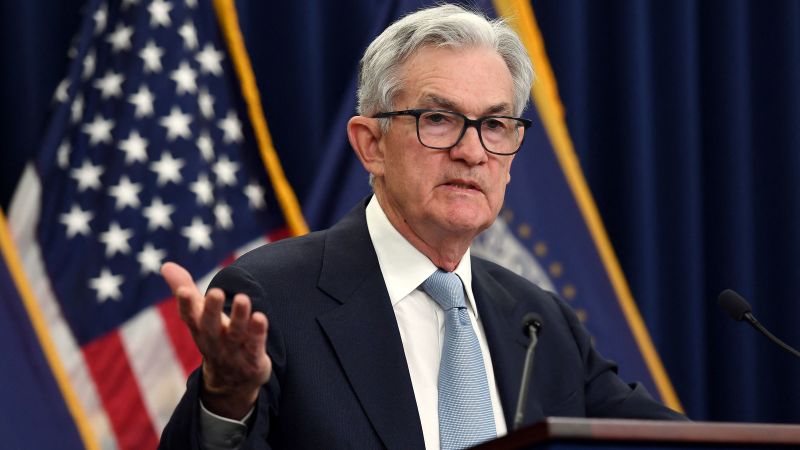An analysis of Cyprus referendum
If the Turkish side was strong the results would have been the exact opposite. In other words, the north would have rejected the Annan plan by 75 percent, while the south accepted by 65 percent. However, Turkish Cypriots and the Turkish government were saved from the tragedy by the insatiable appetite of Greek Cypriots.
If the government, knowing Greek Cypriots would reject the plan, had asked Turks to vote for it, this result could have been considered a victory.
Turkish Cypriots voted yes, trusting Prime Minister Mehmet Ali Talat. Talat, who has always cooperated with the communist AKEL, tried very hard to get Greek Cypriots approve the plan, but his "solution" strategy went bankrupt.
Talat, now, is asking for Turkish Republic of Northern Cyprus (KKTC) President Rauf Denktas to resign, in line with the 65 percent yes vote. His objective, he says, is to initiate a "diplomatic campaign" for the lifting of the embargoes and the recognition of the KKTC. Is he going to accomplish the feat better than Denktas, who has been trying to do it until now, and Talat has objected to all along? Moreover, is there a guarantee that he won’t sideline Serdar Denktas and form a coalition with Mustafa AKinci, before agreeing to all Greek Cypriot demands in the name of "solution?"
The referendum proved that the EU policy on Cyprus is bankrupt. They utilized Cyprus againsts our desire for full membership. They not only implemented embargoes in order to make the "obstructionist" Turks more accommodating, they also secured Greek Cypriot membership. They deserved to be cheated by Greek Cypriots. They imported the problem into the union.
U.N. Secretary-General Kofi Annan’s policy on Cyprus, who ignored the experiences of former U.N. chiefs, also went bankrupt. His policy aimed to force a straitjacket on two communities, with no intention to agree on a federation or a solution. This incident damaged the U.N.’s policy to resolve disagreements.
The referendum was good for the Turkish side that proved that it had the free will to choose its own destiny, but in reality, made Greek Cypriots express their true will. If one of two choices in a referendum doesn’t allow the free existence of a people, than there could be no free will. Serious law experts note that if Turkish Cypriots voted no, their isolation would continue, and were forced to vote yes with the objective a reaching the EU heaven. They believe this was a coercion of their free will and describe it as illegal.
The "pro-solution" "liberal" commentators in Turkey always laid the responsibility of the continuing deadlock to Denktas. Now, they are surprised to see that Greek Cypriots are to blame. They immediately went on the defensive and say that Denktas’s obstructionist efforts had prevented the truth from coming out. "International community misunderstood the matter, due to the same reason," they say. The EU and the U.S. always knew the truth of the Cyprus problem. However, accusing Denktas of intransigence was a tactical move. Turkey’s foreign policy institutions always knew about this truth and told the media. However, because the basis of being a Turkish liberal means that you believe in everything the West says and treat your country as the enemy, they chose to believe in Greek Cypriots. This led to this unfortunate situation.
Pro-government commentators accused Denktas of being at odds with Prime Minister Recep Tayyip Erdogan and call for him to alter his stance. Erdogan, in violation of the referendum rules, address Turkish Cypriots a day before the referendum and called on them to support the plan. Both his request and the way he presented it was wrong. If he amends his policy and distances him from these mistakes, there will be no problems between him and Denktas.
We are faced with a historic opportunity. If we waste this chance by granted Greek Cypriots what they want, no one will be able to carry this load.



